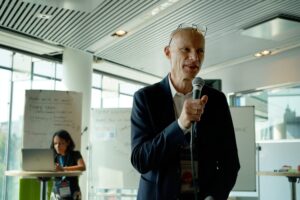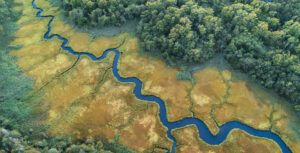- SIWI – Leading expert in water governance
- /
- Latest
- /
- The world is not on track
The world is not on track
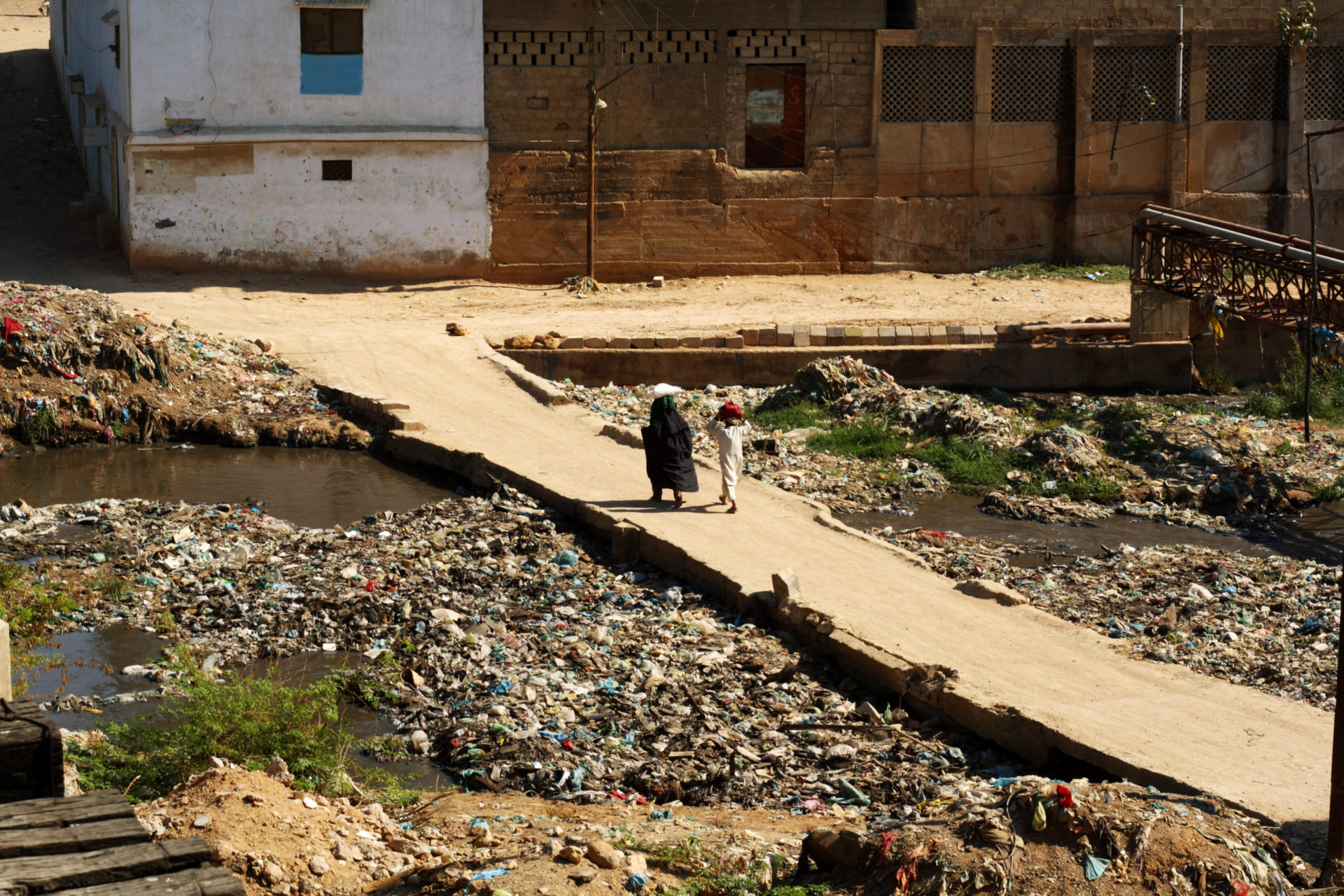
There is a long way to go, if the world wants to reach the targets as formulated under SDG6 on clean water and sanitation. This is the main message of the SDG 6 Synthesis Report that was presented in an unedited version in New York at a workshop hosted by the Permanent Missions to the UN of Finland and Lebanon, 2 May 2018.
844 million people lack basic water services, 2.1 billion lack safely managed drinking water, 4.5 billion lack access to safely managed sanitation, 892 million still practice open defecation. These are the first data points in a compact highlight document of the report. And the full text systematically goes through indicator by indicator and shows which countries have reached which level on the implementation track and what the global trends are.
Across every water target – from access to drinking water, to improved sanitation, to integrated management, to meet growing human water needs for food, energy, industry and health – progress fell far short of expectations, far short of even the most optimistic interpretations of what might constitute progress. While we recognize that poor water conditions fundamentally threaten human well-being in nearly every nation, 69 countries are not on track for achieving basic water coverage and 89 are not on track to meet sanitation targets of SDG 6.
In line with this, water pollution is worsening while funding is insufficient and governance structures are weak and fragmented. The report sees agriculture as one of the key drivers of stress on water, but also as a part of potential solutions by becoming more water efficient. But a serious lack of institutional and human capacity constrains progress, while ecosystems and their services are in continuous decline. “We are not on track!” is the alarming call of this report.
Ways forward?
The report highlights the need for a better understanding of the interdependencies of the SDGs – and not least better data: “Less than half of Member States have comparable data available on progress towards SDG 6 targets.”
To reflect the interlinkages between SDG 6 and other water-related targets, the 2030 Agenda needs to be adapted to a country-specific context, supported by multi-stakeholder partnerships that strengthen national integration – Integrated Water Resources Management (IWRM) is raised as one of the key methods for achieving this. While technology and better finance remain bottlenecks for achieving this, insufficient equality, lack of public participation and institutional capacity will also have to be addressed.
The meeting was the starting point to further raise the awareness of the UN Member States to this crisis, aiming to gain the attention of decision-makers at the High-Level Political Forum (HLPF) in July that will review specific SDGs of the 2030 Agenda (Water, Energy, Cities, Land Ecosystems, Sustainable Production and Consumption). Water is not only prominent in the 2030 Agenda with its dedicated Goal, it is also an underlying success factor for the entire 2030 Agenda with water related targets in practically all goals. In other words, we will not reach the future we want, leaving no one behind, without prioritizing and dealing will water needs and issues.
The Secretary General to the UN has also published a progress report on the SDGs ahead of HLPF. The section on SDG 6 draws a comparable picture, starting with the words: “Too many people still lack access to safely managed water and sanitation facilities. Water scarcity, flooding, and lack of proper management of wastewater hinder social and economic development. Increasing water efficiency and improving water management are critical to balancing the competing and growing water demands from various sectors and users.”
SIWI was invited to speak at this initial event and brought forward the position and recommendations of some 20+ leading global organisations on how to ‘Build a resilient future through water’. An open letter highlighting the stakes and recommending ways forward from the perspective of this multi-stakeholder group was presented. This open letter is a living document that will be further discussed at the upcoming HLPF in New York and will be finalised at World Water Week 2018 during the high-level dialogue session ‘Building a resilient future through water’. The outcomes of this process will be to deliver clear messages, recommendations and identify paths for actions to the 72nd UN General Assembly in September 2018.
SIWI and the other signatory members of this open letter are looking to expand the support and input from other leading organisations who are engaged in improving access and the management of water resources and sanitation services, in all sectors, in order to reach a just prosperous world. If you would like to sign the open letter, and join this momentum and multi-stakeholder platform for action, please contact Maggie White, maggie.white@siwi.org.
Read more about the report and the dialogue process here: http://dialogue.unwater.org/
Most recent

SIWI’s endorsement of the COP29 Declaration on Water for Climate Action
- Water and climate
- World Water Week
- Water governance

SIWI-WASH experts join IVL
- Water, Sanitation and Hygiene (WASH)
- Water governance
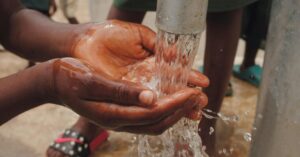
Transforming relations through WASH access
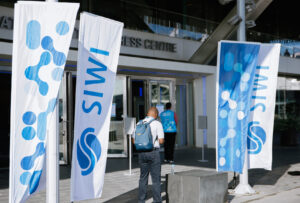
SIWI’s five takeaways from World Water Week 2024
